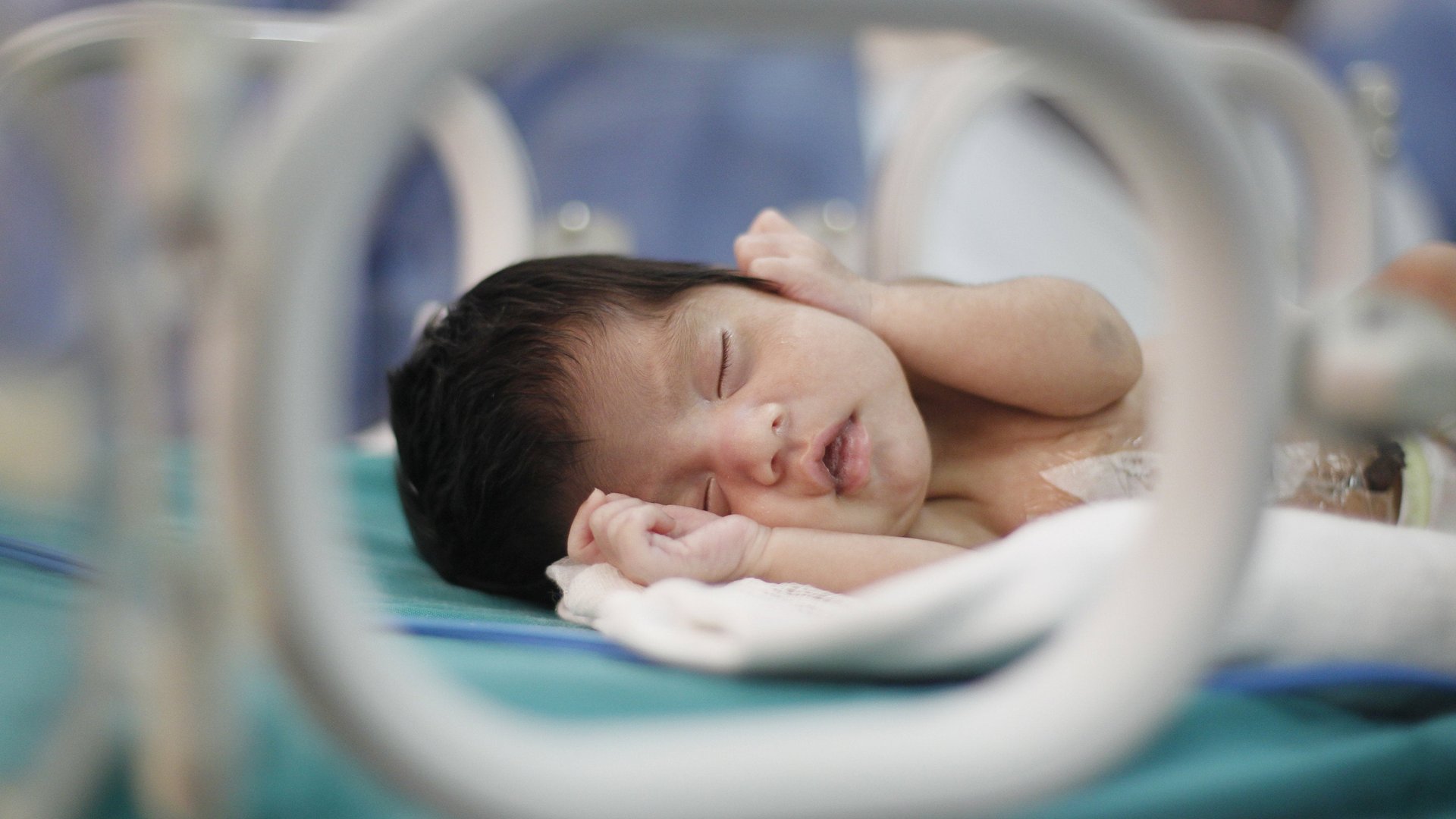The recession’s baby bust
There’s a reason why “boom times” and “baby boom” both contain an onomatopoeic signifier of the procreative act. In developed countries, fertility rates tend to go up and down with GDP.


There’s a reason why “boom times” and “baby boom” both contain an onomatopoeic signifier of the procreative act. In developed countries, fertility rates tend to go up and down with GDP.
What does that mean in real terms? A study published Monday in the Proceedings of the National Academy of Sciences by Princeton researchers Janet Currie and Hannes Schwandt quantifies just how many fewer babies were born because of the Great Recession. Their answer: at least a half a million.
For the study, the authors analyzed approximately 140 million individual birth records for all births in the United States from 1975 and 2010. They found that, for a group of 1,000 women aged 20 to 24, each percentage-point increase in the national unemployment rate resulted in 14 fewer children conceived—total, for the 1,000 women—over the course of their lifetimes. In the scheme of things, this is a relatively small effect, accounting for just .7% of all of the women’s pregnancies. But it’s not nothing: The shift meant that about five additional women in that cohort remained childless forever.
That is to say, it’s not that these women are simply having babies later. The recession seems to have dampened their baby-making prospects for their entire lives.
When multiplied across the entire population of 20-to-24-year-old women, this economic baby slump is fairly substantial. There are 9.2 million US-born women in that age group, and the unemployment rate went up by 3.22% during the recession. The authors say this will result in “a long-term loss of 420,957 conceptions (and 426,850 live births) among affected cohorts, a 2.4% decrease in completed fertility. This long-term effect … is driven largely by women who remain childless.”
In other words, that’s roughly half a million babies who were never born because of the recession—and that’s just to moms who were 20 to 24. (The total figure is surely even higher.) By the time these women turn 40, the rate of childlessness among them will be about 9% higher than in past generations.
Why are we so much less likely to reproduce when jobs are scarce? Money, mostly. Derek Thompson has previously written how the recession was like a big pause button on the lives of Millennials. It costs a quarter of a million dollars to raise a child, so laid-off couples might have been extra-scrupulous with their birth control between 2008 and 2011.
Second, poor people are less likely to get married in general. The authors of the PNAS study also found that each one percentage point rise in the unemployment rate also increased the number of women who were unmarried by age 40 by about half a percentage point.
Fewer marriages mean fewer babies. Which, in turn, means more think pieces about childless women and more reasons to worry about our aging population.